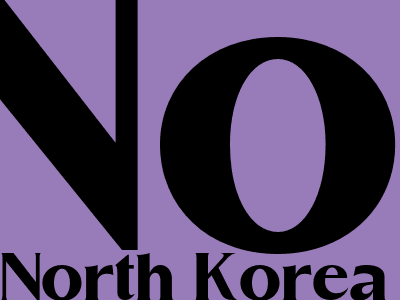North Korea's Nuclear and Missile Programs: A Comprehensive Overview
Delving into the History and Development of North Korea's Nuclear and Missile Capabilities
North Korea's nuclear and missile programs have been a source of concern for the international community for decades. The country's pursuit of these capabilities has prompted sanctions, diplomatic efforts, and military posturing. This comprehensive overview delves into the history and development of North Korea's nuclear and missile programs, examining their origins, objectives, and implications.
Origins and Evolution of North Korea's Nuclear Program
North Korea's nuclear program can be traced back to the 1950s, when the country signed a cooperation agreement with the Soviet Union. In 1985, North Korea joined the International Atomic Energy Agency (IAEA) but later withdrew in 1994, raising concerns about its intentions. In 2006, North Korea conducted its first nuclear test, a move that was met with international condemnation and sanctions. Subsequent nuclear tests followed in 2009, 2013, 2016, and 2017, demonstrating North Korea's continued commitment to developing its nuclear arsenal.
North Korea's Missile Program and its Growing Capabilities
Alongside its nuclear program, North Korea has also developed a robust missile program. The country's first ballistic missile test occurred in 1993, and since then, North Korea has conducted numerous missile tests, including short-range, medium-range, intermediate-range, and intercontinental ballistic missiles (ICBMs). These missiles have the potential to reach targets in South Korea, Japan, the United States, and beyond. North Korea's missile program has raised concerns about the country's ability to deliver nuclear weapons to distant targets.
Implications and Concerns: Assessing the Risks and Consequences
North Korea's nuclear and missile programs pose significant risks and concerns for regional and global security. The country's nuclear weapons could be used in a conflict with South Korea or other adversaries, potentially leading to catastrophic consequences. Additionally, North Korea's missile program increases the risk of nuclear proliferation, as the country could potentially sell or transfer missile technology to other states or terrorist organizations. The international community has responded to these concerns through a combination of diplomatic efforts, sanctions, and military deterrence.
Diplomatic Efforts and Regional Security Dynamics
Addressing North Korea's nuclear and missile programs has been a key focus of international diplomacy. Negotiations and talks have aimed to curb North Korea's nuclear and missile ambitions and achieve denuclearization of the Korean Peninsula. However, progress has been slow, with North Korea often rejecting or withdrawing from talks, citing a lack of trust or progress on sanctions relief. Regional security dynamics have also been shaped by North Korea's nuclear and missile programs, leading to increased military tensions and arms races in the region.
Conclusion: Ongoing Challenges and the Path Forward
North Korea's nuclear and missile programs continue to present significant challenges to regional and global security. The country's pursuit of these capabilities has prompted ongoing diplomatic efforts, sanctions, and military posturing. While progress towards denuclearization has been limited, international efforts to engage with North Korea and address these concerns remain essential. The path forward requires continued dialogue, cooperation, and a commitment to finding a peaceful solution that addresses the security concerns of all parties involved.

North Korea News
Comments